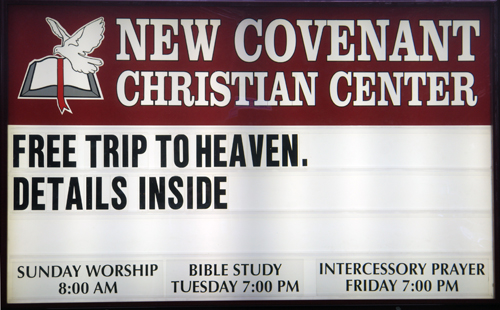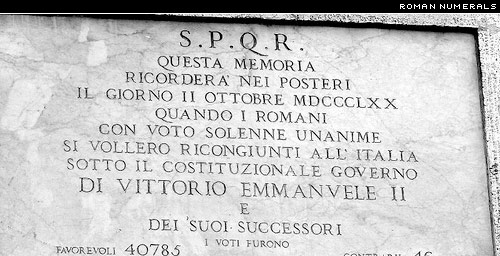an interest in the ‘black art’
”You would naturally like to know whether in my childhood I showed an interest in the ‘black art’. And how! As early as my fourth year the blackened hands of the chimney-sweep made a great impression on me. To have such lovely black hands—and without being scolded for it—that was the truest bliss, and I shortly announced that I too wished to become a chimney-sweep.”
a less pretentious name than Optima
“For a serifless roman . . . I should have liked a less pretentious name than Optima, a name that should more justly express the striving for simplicity. Upon the original drawing of Optima appears the designation ‘Neu Antiqua’, a name I had myself desired.”
there ought to be a Gutenberg monument in Detroit
“Surely there ought to be a Gutenberg monument in Detroit—for Henry Ford should long since have had one erected to the father of modern mass-production. Also, the first Ford cars were all black, and here too I see a somewhat fantastic parallel with Gutenberg’s printing, before the lovely bright colors came into use.”
a great responsibility
—Hermann Zapf, About Alphabets: Some Marginal Notes on Type Design, 1970.
The man who has taught the ABC
“The man who has taught the ABC to his pupils has accomplished a greater deed than a general who has won a battle.”
Vernacular Baton Rouge: FREE TRIP TO HEAVEN
like light through colored glass
“He remembers it now, sitting in the dark window in the quiet study, waiting for twilight to cease. . . . The copper light has completely gone now; the world hangs in a green suspension in color and texture like light through colored glass.”
—Wiliam Faulkner, Light in August, 1932.
XTT Part 4: Numerals and Punctuation
diffuse in the neutral grayness
“It is just dawn, daylight: that gray and lonely suspension filled with the peaceful and tentative waking of birds. The air, inbreathed, is like spring water. He breathes deep and slow, feeling with each breath himself diffuse in the neutral grayness, becoming one with loneliness and quiet that has never known fury or despair.”
—Wiliam Faulkner, Light in August, 1932.
‘Lemon cocoanut chocolate’
“He did not see the waitress until the two overlarge hands appeared upon the counter opposite him and into sight. He could see the figured pattern of her dress and the bib of an apron and the two bigknuckled hands lying on the edge of the counter as completely immobile as if they were something she had fetched in from the kitchen. ‘Coffee and pie,’ he said.
Her voice sounded downcast, quite empty. ‘Lemon cocoanut chocolate.’
In proportion to the height from which her voice came, the hands could not be her hands at all. ‘Yes,’ Joe said.
The hands did not move. The voice did not move. ‘Lemon cocoanut chocolate. Which kind.’”
—Wiliam Faulkner, Light in August, 1932.

